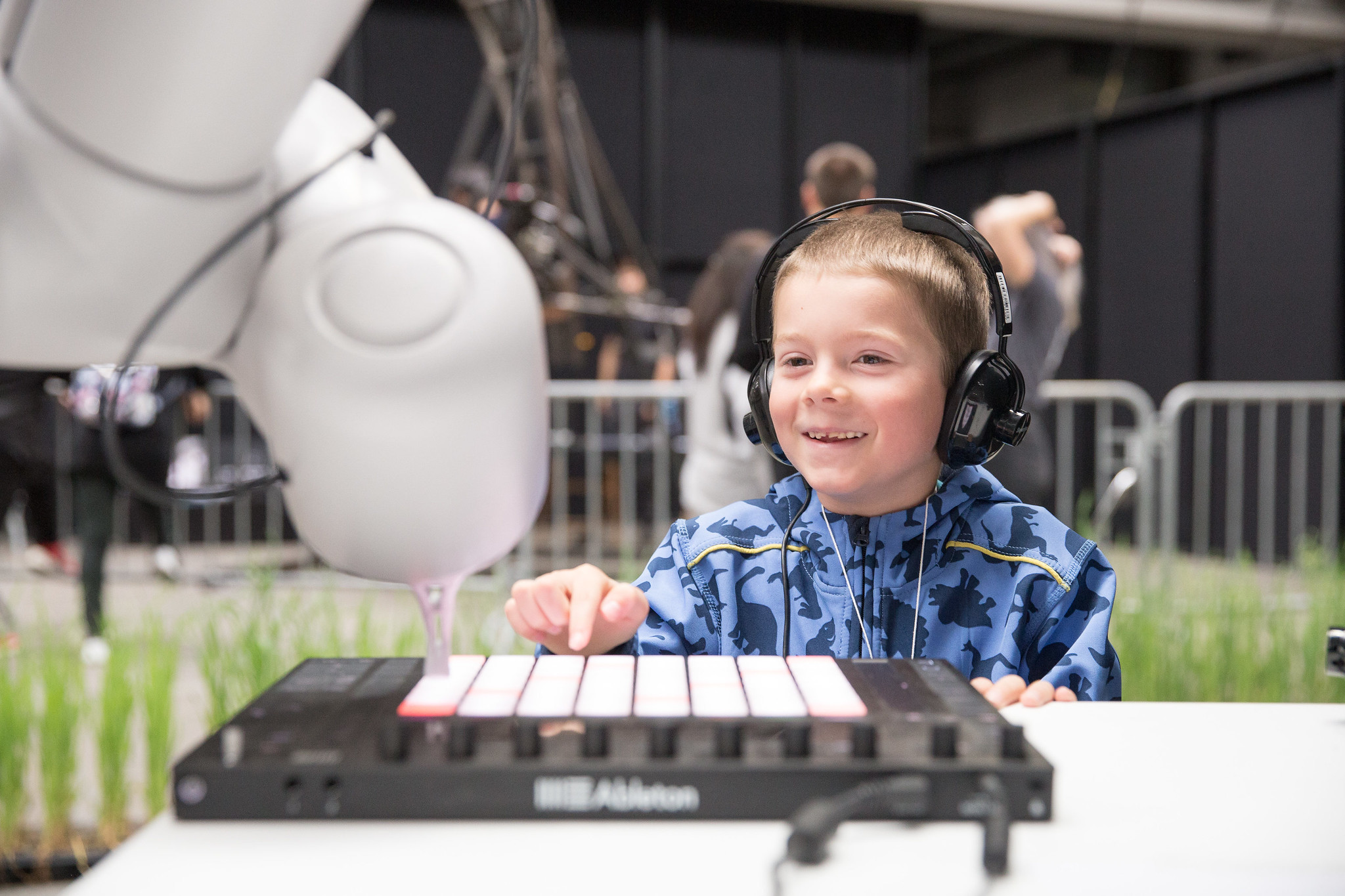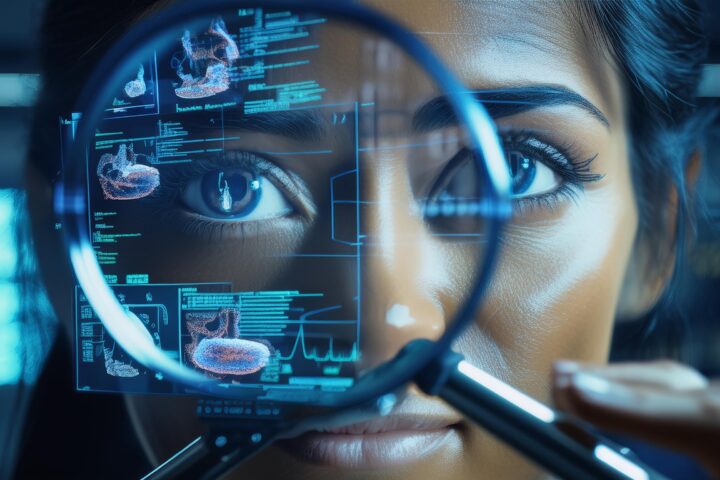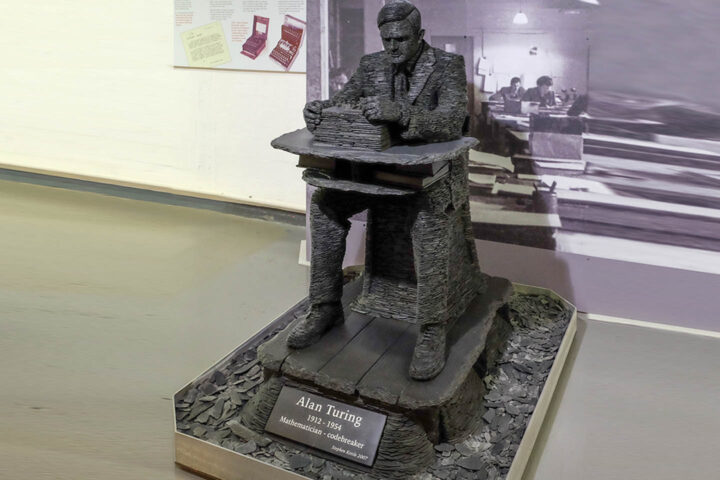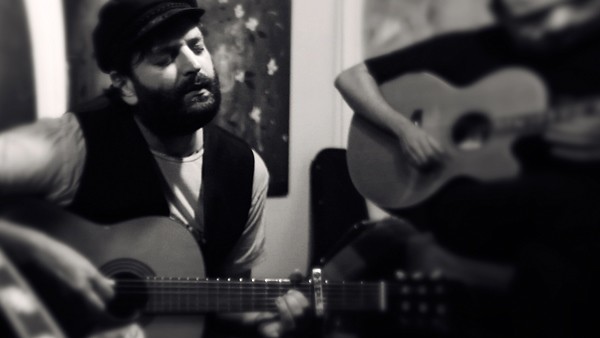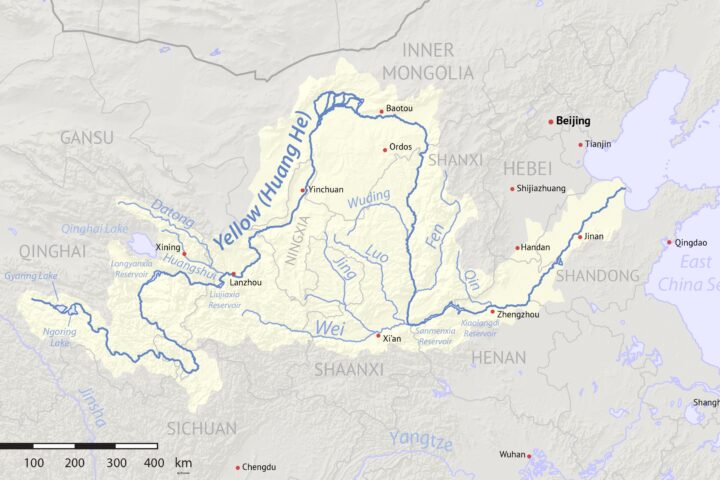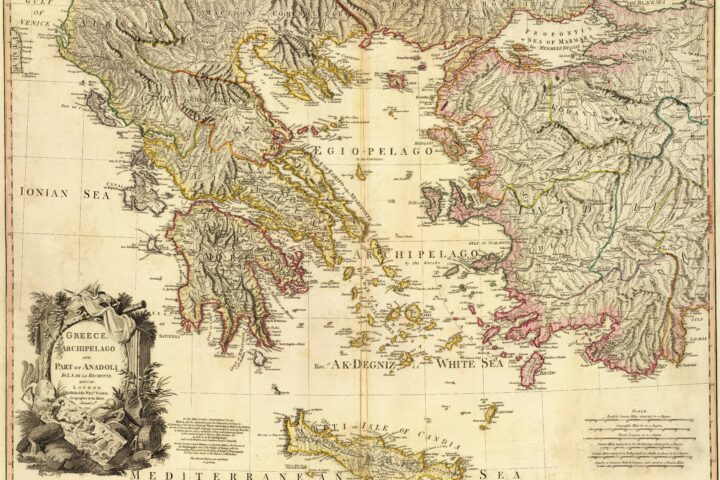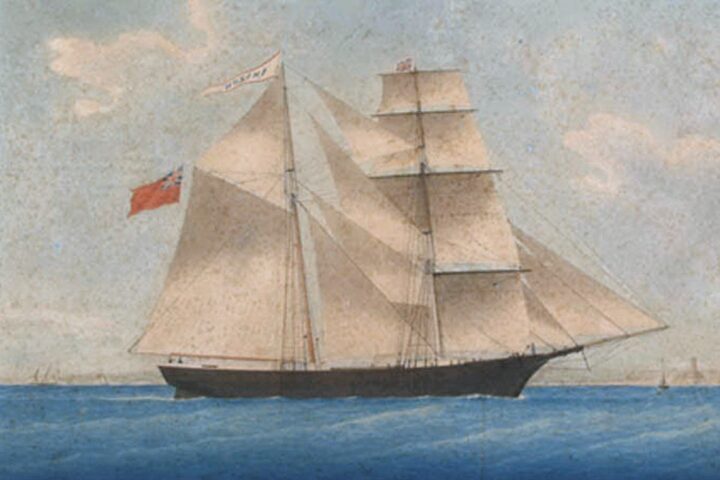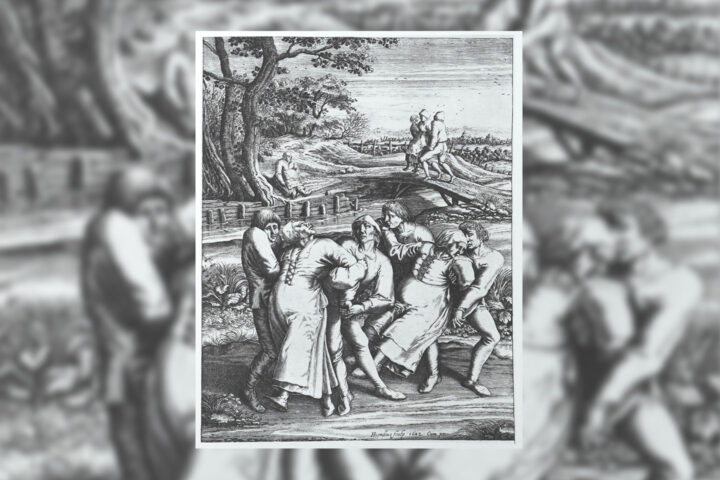Source: flickr_digital assistants use artificial intelligence to help us with daily tasks
Read about the impact of Artificial Intelligence on the music industry. Learn about AI trends and how this involvement increases the worries about the future of music.
Artificial Intelligence is infiltrating every other sector right now and the most recent of this trend is the music industry. The fusion of music and AI is fairly recent but is growing by leaps and bounds. No one could have thought about this fusion but here it is.
But as a result, the originality and authenticity of music, and the rights of the original artists are also at risk here. Like every other thing, AI’s introduction in the music industry has begun with its fair share of pros as well as cons.
Rise of Music Created by AI
The rise of music produced by AI is marked by the introduction and popularization of AI software on social media after 2022. A lot of music can be produced and compiled all at once by feeding AI algorithms. After doing so, the software then looks for similar patterns and using these to create new music which sounds more or less the same as what had been produced by the artists before. For example, we have OpenAI’s MuseNet or Jukedeck, which are both fine examples of how AI can create as well as imitate someone’s style of music creation.
In other words, this means that today, we have a lot of software have been able to recreate a musician’s art or create something which is strikingly similar to their previous compositions. There are no limits to how much AI can do in this regard.
The Era of AI and Originality
The originality of one’s music has always been and always will be connected directly to their artistic ability and individual expression of art. This has been changing ever since AI stepped into the scene and started showing how it can also produce music if given the chance. This ability of Artificial Intelligence to produce music raises several questions about ethical production as well as the question about what makes a work truly original.
On one hand, Artificial Intelligence can make music which sounds similar to what previous artists have worked on before. But it will always lack the human touch the other music has. Listening to it would rouse no feelings or emotions. This contrast emphasizes the continued importance of human art even as it becomes possible to artificially generate music using AI. In terms of technical prowess, many may find impressive some things produced by AIs; however, such contents often lack the emotional depth or sense of personality common in creations made by humans themselves.
Copyright Implications
If a new artist wants to delve into the world of music production using AI, one of their biggest problems is going to be dealing with copyright implications and how using already existing music can violate such rules. This can go two ways. AI artists can get copyright violation cases filed against them. But this doesn’t as much as the other case. A lot of AI music can go undetected and can dodge such situations. This means that the intellectual property of original artists is at risk here.
AI can easily “borrow” the name, tune, and even, voice of the artist from the music without violating ay copyrights. This also brought about serious questions whether these songs were derived or can be said to have infringed any at all. These are important questions because unlike traditional copyright systems, they cannot just be solved simply citing moral rights which only exist between humans.
The Future of Music
Music production would increasingly involve AI due to its novelty. The use of AI tools can assist musicians and producers in bringing out their creative processes, exploring new sounds, and getting over traditional music genres. This will enable the creation of music that never existed before.
As long as the impact of AI on music continues, it is important to seek ways through which innovation can be balanced with protection for original creators. One solution could be amending copyright laws to address peculiar issues posed by AI generated contents or even creating new mechanisms where human intelligence could be valued and rewarded when discussing artificial intelligence on an industrial scale.
Resources
- How Will AI Impact The Future of Music? (2023). Complex.com. https://www.complex.com/pigeons-and-planes/a/michael-epstein/how-will-ai-change-the-music-industry
- Transforming the future of music creation. (2024, August 5). Google DeepMind. https://deepmind.google/discover/blog/transforming-the-future-of-music-creation/
- Chow, A. R. (2023, December 4). AI’s Influence on Music Is Raising Some Difficult Questions. TIME; Time. https://time.com/6340294/ai-transform-music-2023/
- AI Music: What Musicians Need to Know – Berklee Online Take Note. (2023, August 21). Berklee Online Take Note. https://online.berklee.edu/takenote/ai-music-what-musicians-need-to-know/

